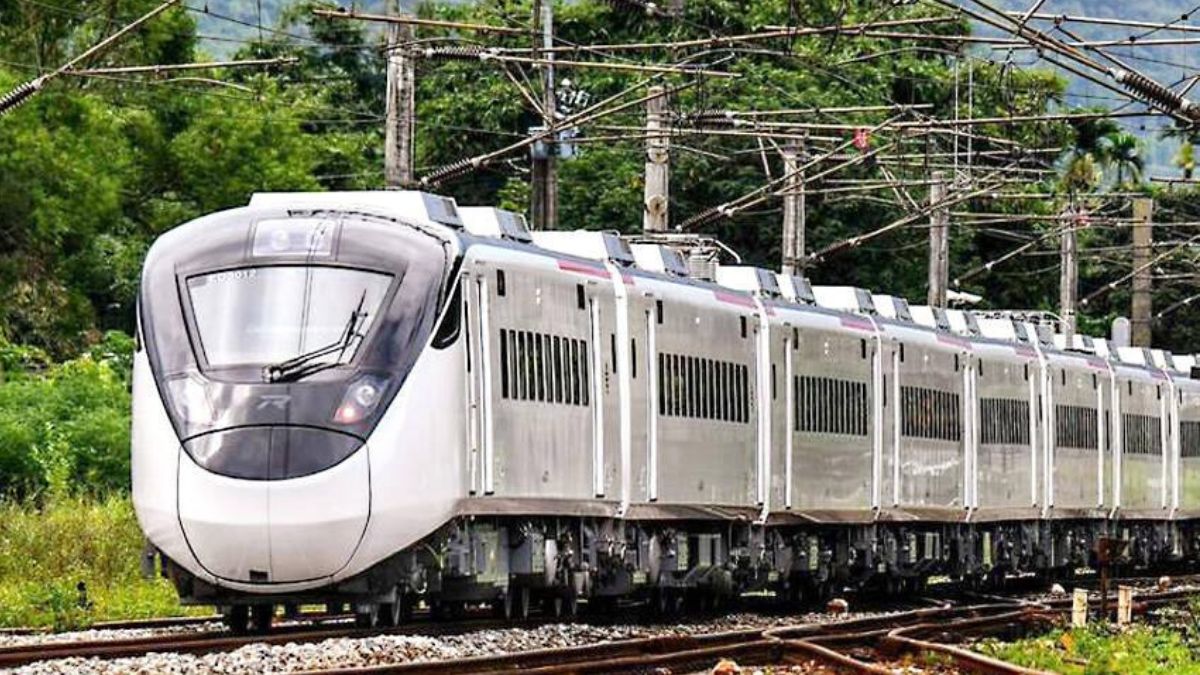Taiwan Railway’s nearly three-decade-long streak of maintaining stable local train fares is poised to end, as the company is reportedly considering a fare increase of up to 40%. A board meeting scheduled for mid-September is expected to deliberate on the proposed fare adjustment, which could mark the first rise in local train fares in 29 years, according to a report by UDN.
The proposal under review suggests raising the basic passenger fare rate per kilometer from NT$1.406 (US$0.40) to NT$2.05. If approved, this would see fares for trips such as Keelung to Taipei increase from NT$41 to NT$58, while the cost of traveling from Taoyuan to Taipei would rise from NT$42 to NT$61.
Taiwan Railway hinted that fare formulas for other trains, including the Tze-Chiang Class express trains and other long-distance services, would also undergo revision. However, the rate of increase for these services is not expected to be as steep, with future fares expected to remain relatively close to current levels.
The company emphasized that the fare hike is still in the trial calculation phase, and no final decision has been made. Additionally, the railway assured commuters that the potential fare increase would not impact existing monthly commuter plans, such as the TPASS.
Starting Tuesday, August 20, Taiwan Railway will roll out a new promotion program aimed at frequent travelers. The initiative includes 30-day and 60-day passes offering discounts of up to 44%. However, the introduction of this program will coincide with the discontinuation of the current 10% discount for EasyCard, iPass, and electronic tickets.
Taiwan Railway noted that around 450,000 people utilize electronic tickets or value-stored cards daily. The existing 10% discount reportedly costs the railway NT$300 million annually, and the new discount scheme is expected to reduce this figure to NT$190 million.

